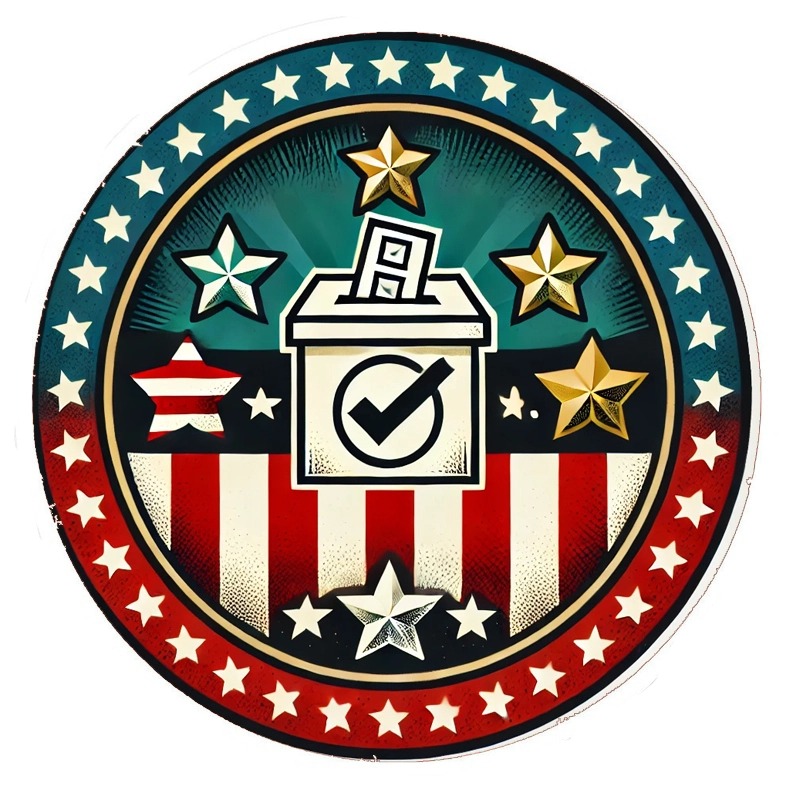Ok was reading a post somewhere else and came across someone saying how trump likes tariffs too much, which is not the first time i have heard tariffs frowned upon. I have always been of the opposite opinion and I guess would also ‘like tariffs too much’ so please enlighten me as to why they are bad.
My view:
I like to visualize the flow of wealth and whether wealth is flowing in to or out of an area. When I researched Fredrick the Great, he had become ‘the great’ thru making Prussia wealthy, and he had done this by freeing up and empowering local producers while limiting… thru tariffs… goods externally produced. This makes total sense to me. Prussian producers then pull wealth in while foreign producers no longer pull wealth out.
Another parallel is when developing countries have farmers that cannot produce goods cheaply enough to compete with the oversubsidized foreign goods flooding their market and, because their government does not tariff up the prices of the foreign goods, the locals get thrown in to poverty. These two things have always, to me, implied the role of tariffs is to prevent wealth from being drained out of an area and, as a byproduct, divert business and thus success inward instead. Because this helps local prosperity, I, I guess similarly to Trump (?), have historically viewed tariffs as generally a ‘good’ tool.
So please, explain where I’m wrong, if I am, and why tariffs would be bad. thank you


What Tariffs Do
Say we create a tariff for chicken. Locally, the chicken costs $1.50. For Germany to export chicken, it’s $2.25. The goal is to protect the local price, but it incents the local price rising to competition. Why? Because your competition cannot sell for less because of the tariff (otherwise it’s a business loss). So local chicken raises to $2.24. The government sets the market rate now. Local capitalist make bank for the market being set. The cost is passed to consumer.
Worse, countries can impose counter tariffs. That can penalize US economies, hence tariff “trade wars.”
The tariff is supposed to raise money for the government, which is turned into lower taxes for citizens (since the government is generating a revenue receipt from the tariff). But the cost to GDP is often worse, and there’s no guarantee the government passes the cost on to the citizen.
They also claim to raise jobs because local economies are more favored. Like, Samsung can export from South Korea or make a plant in America. However, that behavior doesn’t usually happen because the cost of labor & doing business in the US is more expensive than just exporting from elsewhere.
Tariffs aid local capital owners while intervening on the market and hurting consumers.
Source: I work on game economies for a living & enjoy reading about economies.